What Happens When The Body Uses Energy-yielding Nutrients

Cells are starving. The human body's intricate machinery falters when deprived of essential energy-yielding nutrients, leading to a cascade of potentially fatal consequences.
This article dissects the urgent biochemical processes that occur when the body utilizes carbohydrates, fats, and proteins for energy. It highlights the immediate effects of nutrient deficiencies, the pathways disrupted, and the short-term dangers.
Carbohydrates: The Immediate Fuel Source
When carbohydrates are consumed, they are broken down into glucose. This glucose then enters the bloodstream, triggering the release of insulin from the pancreas.
Insulin facilitates glucose uptake by cells for immediate energy or storage as glycogen in the liver and muscles. Deficiency leads to immediate energy deficits.
Without sufficient carbohydrate intake, blood sugar levels plummet, leading to hypoglycemia. Symptoms include weakness, dizziness, confusion, and, in severe cases, seizures or coma.
Fats: The Backup Energy Reserve
Fats serve as a concentrated energy reserve. They are broken down into fatty acids and glycerol.
Fatty acids can be directly used for energy through beta-oxidation. Glycerol can be converted into glucose via gluconeogenesis.
When carbohydrate stores are depleted, the body increasingly relies on fat for fuel. This process produces ketone bodies as a byproduct. An overproduction of ketones leads to ketoacidosis, a dangerous condition that can disrupt blood pH and organ function.
Proteins: The Last Resort
Proteins are primarily used for building and repairing tissues. However, they can be broken down into amino acids for energy if carbohydrate and fat stores are insufficient.
This process, known as gluconeogenesis, converts amino acids into glucose in the liver. This is a metabolically demanding process and is inefficient.
Continual reliance on protein for energy leads to muscle wasting (sarcopenia), immune system weakening, and impaired wound healing. Prolonged protein deficiency manifests as kwashiorkor, characterized by edema and stunted growth.
The Interconnected Metabolic Pathways
These energy-yielding nutrients are not utilized in isolation. Their breakdown and utilization are interconnected through complex metabolic pathways.
The Krebs cycle (citric acid cycle) and the electron transport chain are crucial for extracting energy from all three macronutrients.
Deficiencies in vitamins and minerals (micronutrients) can severely impair these pathways, hindering energy production even when macronutrients are available.
Hormonal Regulation and Nutrient Utilization
Hormones play a critical role in regulating nutrient utilization. Insulin, glucagon, cortisol, and thyroid hormones all influence how the body processes carbohydrates, fats, and proteins.
Insulin promotes glucose uptake and storage, while glucagon stimulates glucose release. Cortisol, released during stress, can increase blood sugar levels and promote protein breakdown.
Hormonal imbalances can disrupt these processes, leading to metabolic disorders like diabetes and Cushing's syndrome.
Consequences of Prolonged Nutrient Deprivation
Prolonged deprivation of energy-yielding nutrients leads to severe health consequences. The body attempts to conserve energy by slowing down metabolic rate.
This can result in fatigue, decreased body temperature, and impaired cognitive function. Organ damage, particularly to the heart, liver, and kidneys, can occur.
In extreme cases, prolonged starvation can lead to multi-organ failure and death. Anorexia nervosa, an eating disorder characterized by self-starvation, exemplifies the devastating effects of prolonged nutrient deprivation.
Emergency Interventions and Treatment
Immediate intervention is critical in cases of severe nutrient deficiency. Treatment involves restoring blood sugar levels and providing intravenous fluids and electrolytes.
Nutritional rehabilitation is essential to gradually reintroduce nutrients and prevent refeeding syndrome, a potentially fatal metabolic complication.
Ongoing monitoring of vital signs, electrolytes, and organ function is crucial to ensure a successful recovery.
Ongoing Research and Future Directions
Researchers are continuously investigating the complex interactions between nutrients, metabolism, and health. Understanding the nuances of these processes is crucial for developing effective strategies to prevent and treat nutrient deficiencies.
Current research focuses on personalized nutrition, aiming to tailor dietary recommendations based on individual metabolic profiles. This may involve genetic testing and advanced metabolic assessments to optimize nutrient utilization and prevent disease.
Continued efforts are needed to improve global food security and address the underlying causes of malnutrition worldwide.

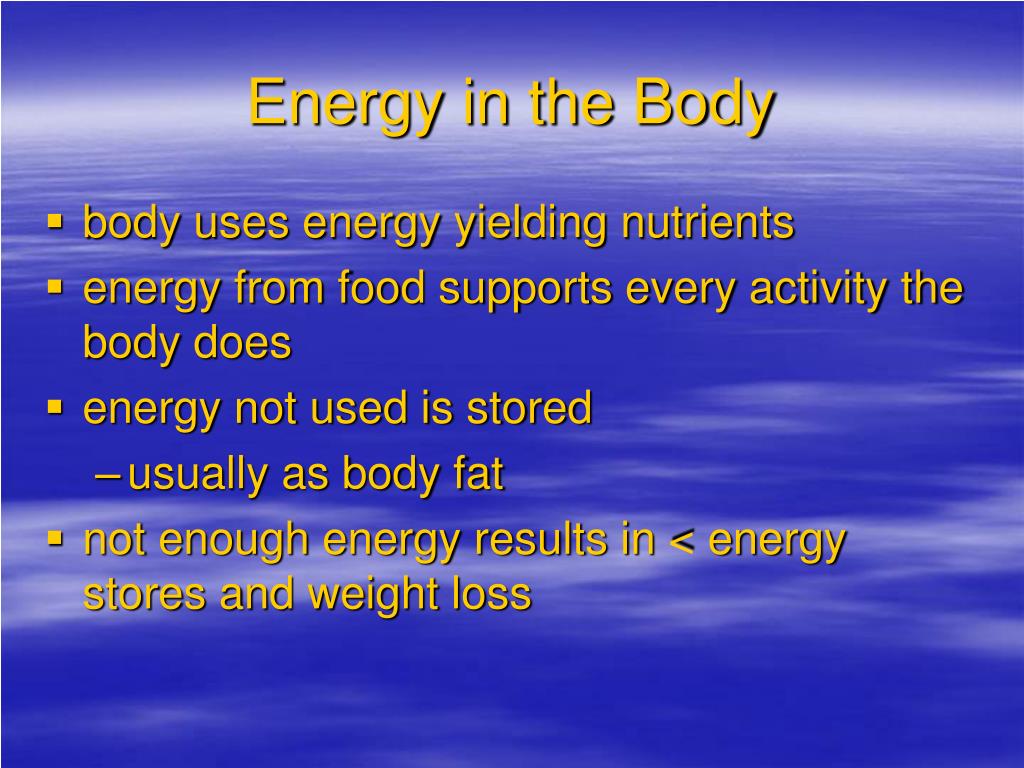

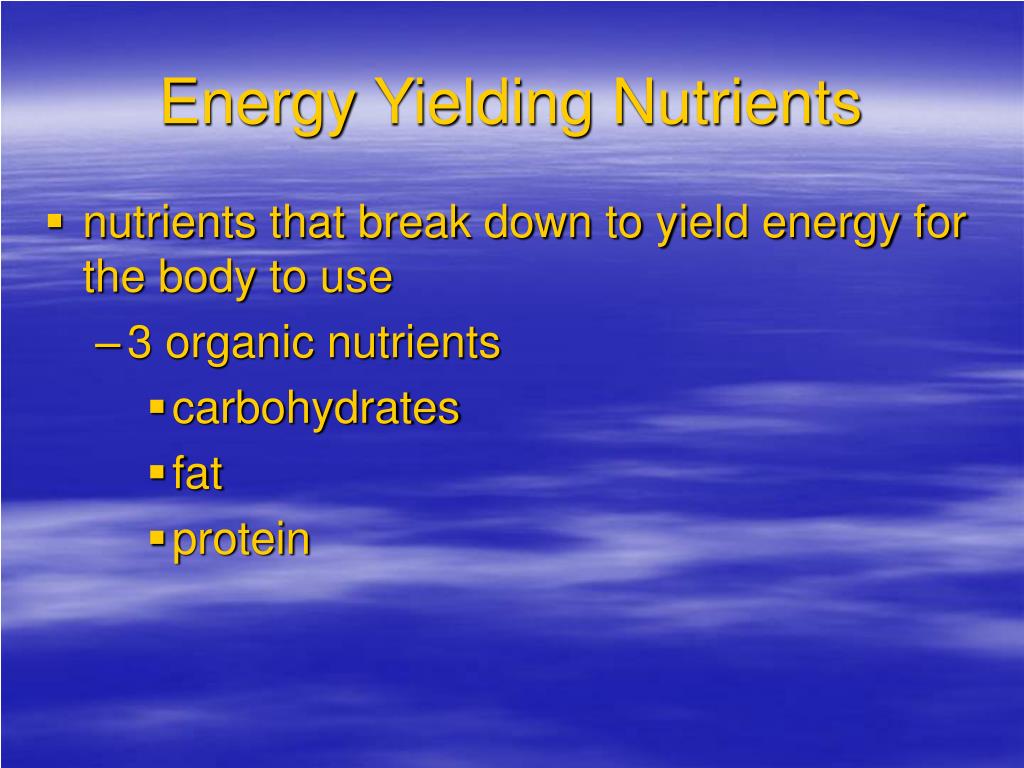






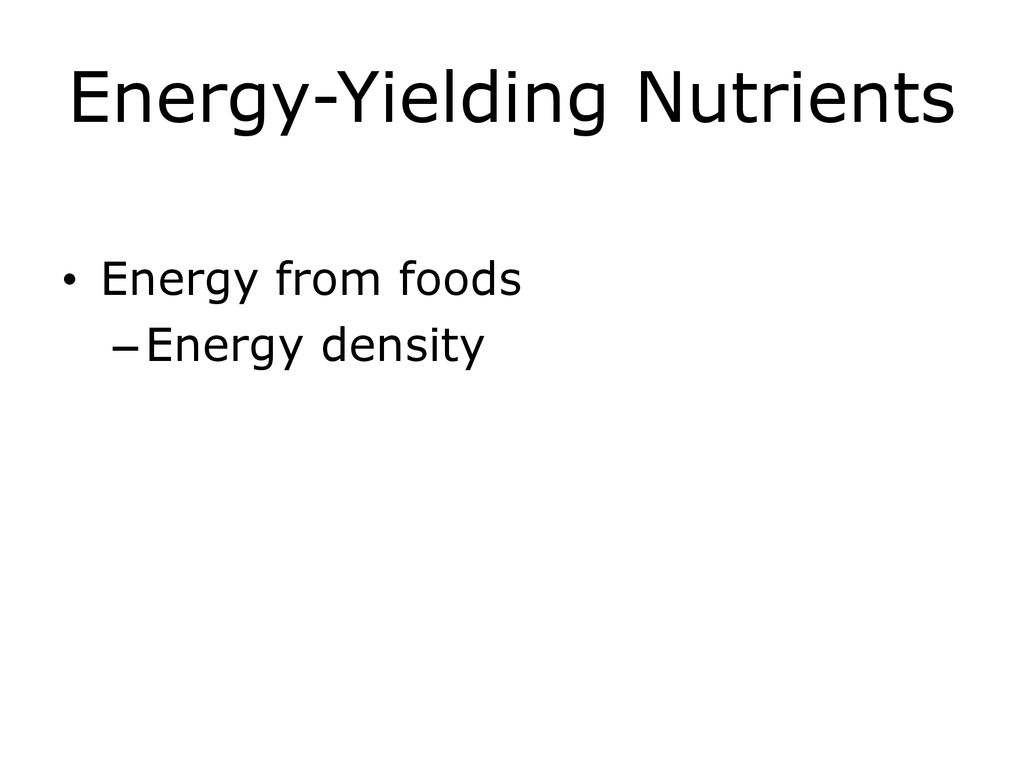
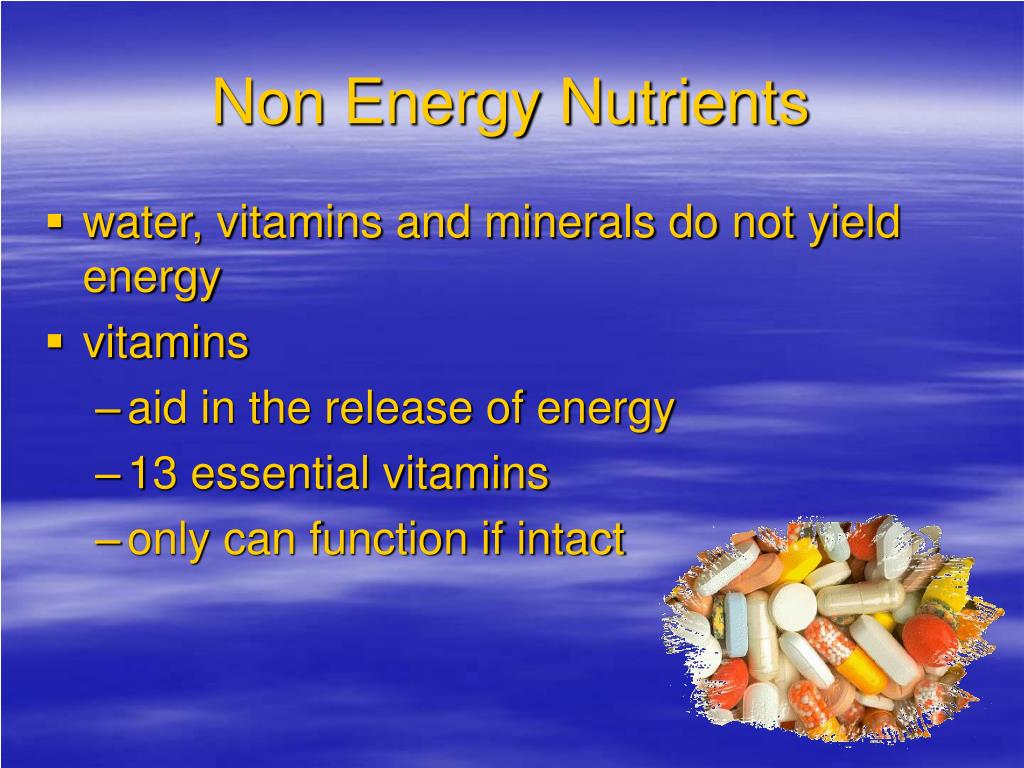

.jpg)
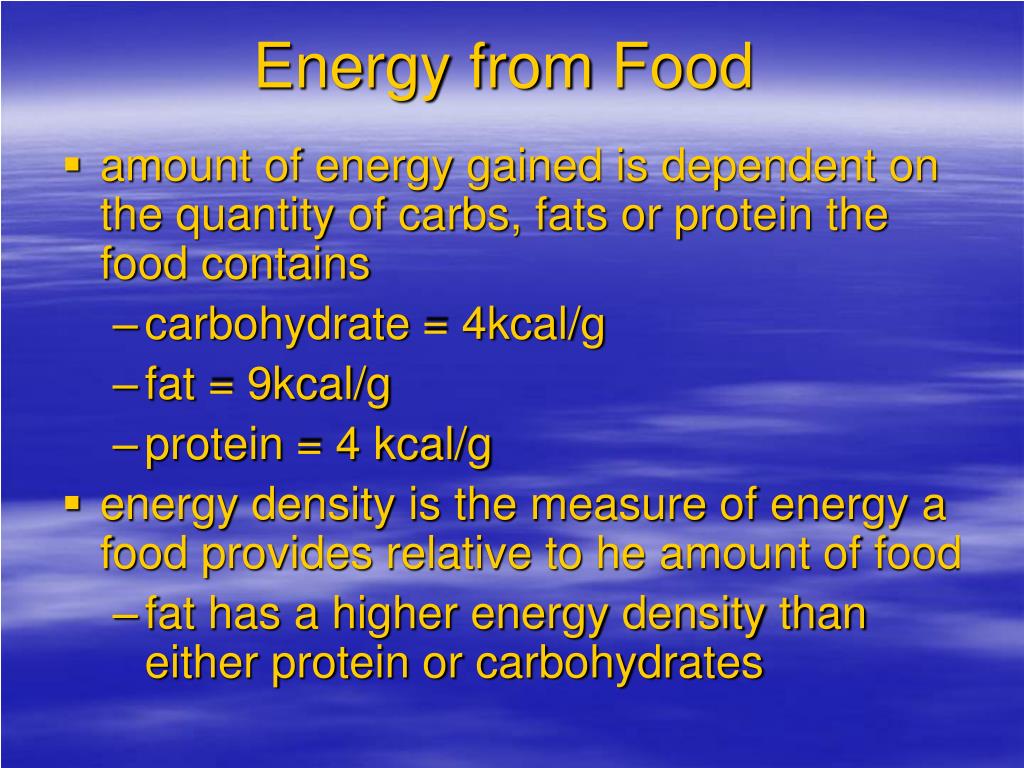
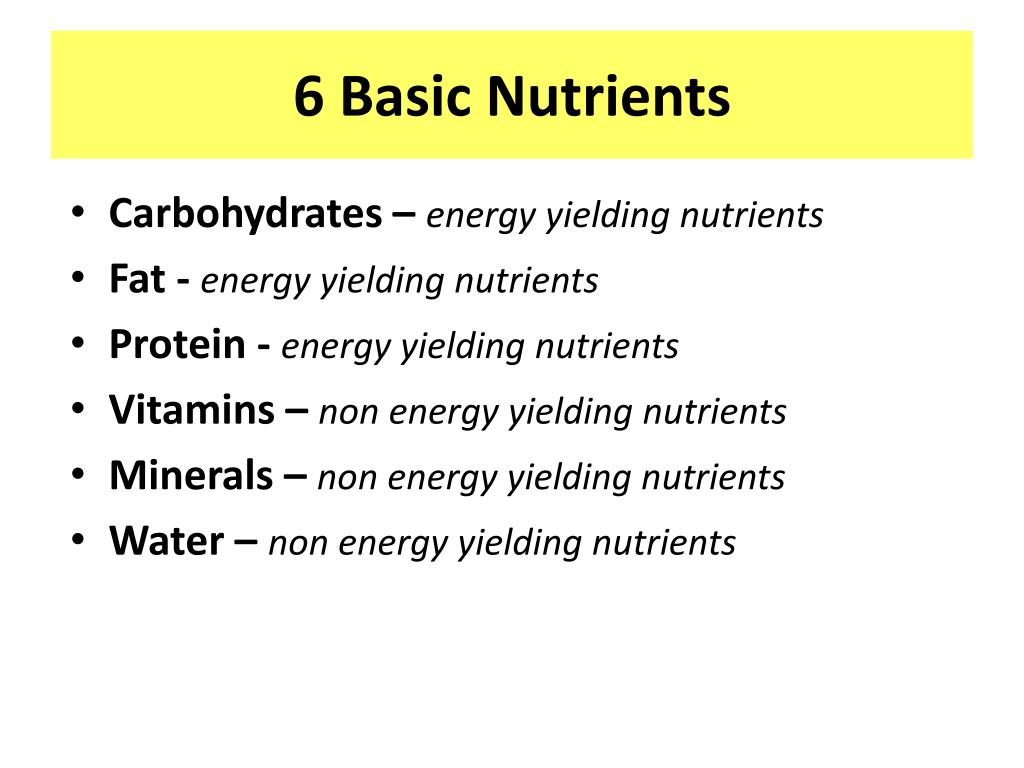

.jpg)
